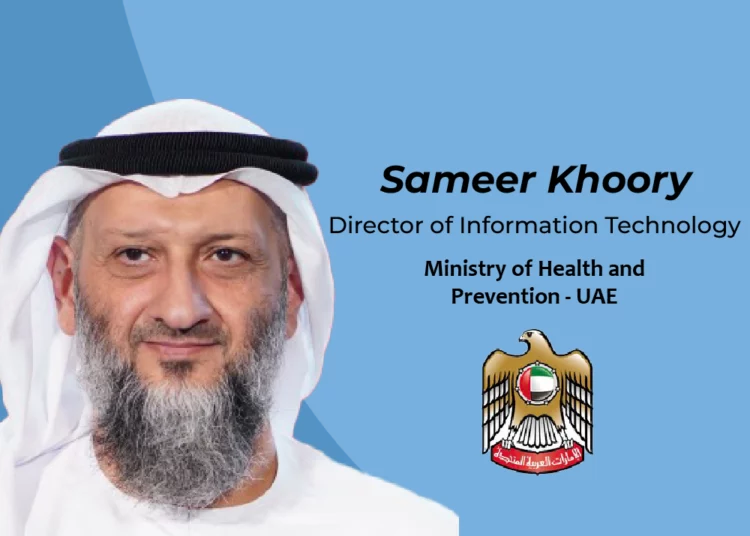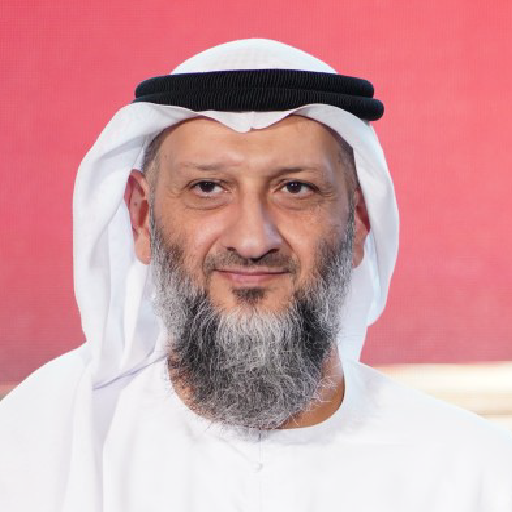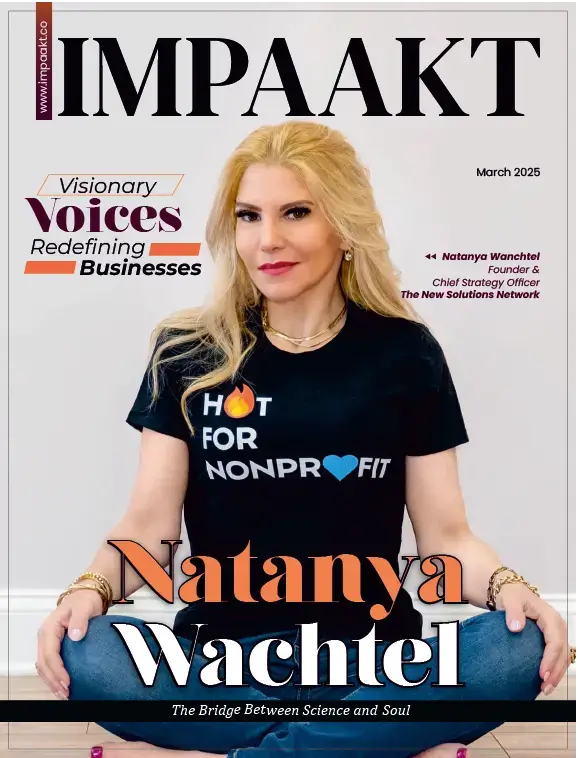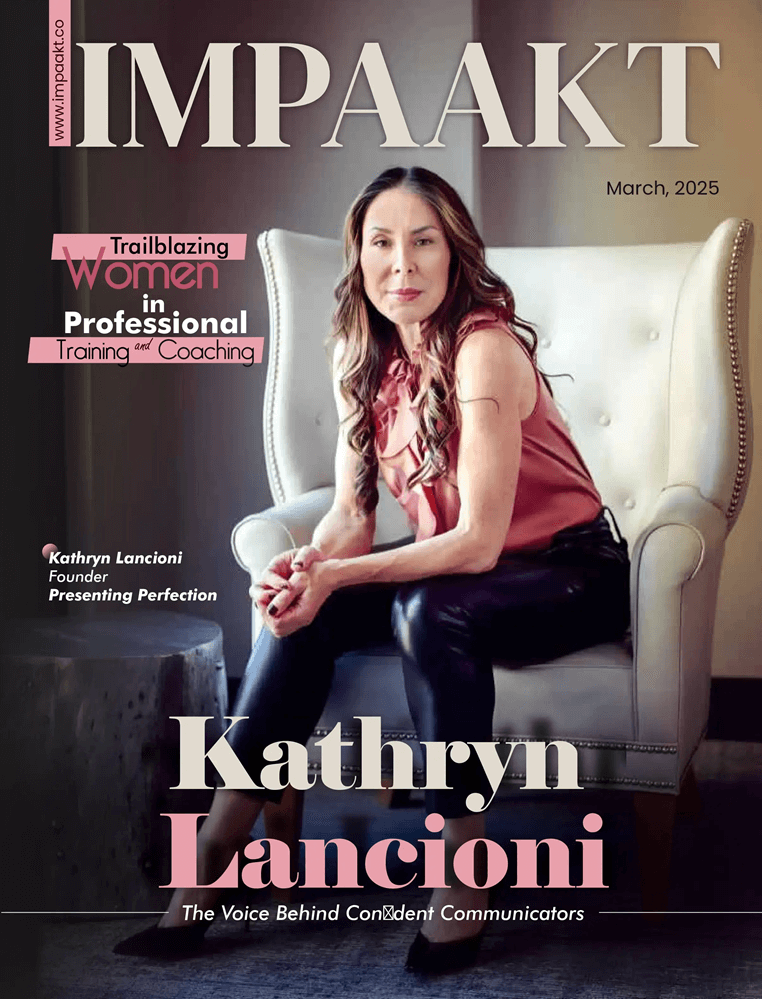Technology has become the cornerstone of progress in today’s business world. When harnessed effectively, it can propel organizations to new heights, driving innovation and creating transformative outcomes. However, the true potential of technology is unlocked when guided by visionary leadership—leaders who understand how to strategically implement technological advancements to make a lasting impact in their industry.
Sameer Khoory, the Director of Information Technology at the Ministry of Health and Prevention – UAE, is one such visionary whose journey from technical roles to executive leadership exemplifies the power of aligning technology with organizational goals. Sameer’s pivotal experience in leading a digital transformation project not only refined his technical skills but also highlighted the critical importance of strategic planning in driving meaningful change. This experience was instrumental in shaping his belief in the transformative power of AI and digital innovation, particularly in healthcare.
Now, as the IT Director at MOHAP, Sameer is at the forefront of integrating cutting-edge AI solutions to enhance healthcare delivery, streamline processes, and improve patient care across the UAE. His vision for the AI Center of Excellence is to position it as a leader in healthcare innovation, setting new standards in the industry. Sameer’s commitment to advancing healthcare technology, fostering a culture of innovation, and driving sustainable impact reflects his dedication to leaving a legacy of excellence and innovation in the UAE’s healthcare system. His journey offers valuable insights for aspiring tech leaders aiming to transition from technical roles to executive positions, emphasizing the importance of strategic vision, strong relationships, effective communication, and continuous learning.
Below are the excerpts from our interview with Sameer-
Your career has progressed from technical roles to executive leadership. Can you share a pivotal moment that shaped your journey to becoming CEO of AI today at Ministry of Health and Prevention – UAE?
A key moment in my career was leading a digital transformation project. This project needed both technical skills and strategic planning to drive change in different departments. I learned how important it is to align technology with the organization’s goals to make a real difference.
Working through this project taught me how technology can improve healthcare, streamline processes, and benefit patients. It strengthened my belief in the power of AI and digital innovation to transform healthcare.
This experience showed me the value of leadership, which motivated me to take on more responsibilities. The knowledge I gained helped me become the CEO of AI at the Ministry of Health and Prevention – UAE. In this role, I focus on using technology to support and advance the organization’s healthcare goals.
You were recently appointed as CEO of AI at MOHAP in addition to your role as IT Director. How do you see these roles complementing each other in shaping the future of healthcare in the UAE?
As CEO of AI and IT Director at MOHAP, I see these roles working together to advance UAE healthcare. My IT background ensures that our technology is strong and efficient, while my AI role focuses on integrating new innovative solutions. By combining both areas, we can improve healthcare delivery, streamline processes, and enhance patient care. This approach helps us create a more modern and effective healthcare system for the UAE.
Can you share your vision for the AI center of excellence you’re building at MOHAP? What are your key objectives for 2024 and beyond?
My vision for the AI Center of Excellence at MOHAP is to establish it as a leader in healthcare innovation. Our key objectives for 2024 and beyond include:
- Streamlining Operations: Using AI to optimize processes and increase efficiency across departments.
- Promoting Collaboration: Building partnerships with academic institutions and tech companies to stay at the forefront of AI advancements.
- Driving Research: Supporting research initiatives to develop new AI applications that address specific healthcare challenges in the UAE.
Through these efforts, we aim to set new standards in healthcare delivery and ensure that our AI solutions have a positive impact on patient outcomes and operational excellence.
What trends do you foresee in the future of AI in healthcare, and how is the UAE preparing to embrace these trends?
The UAE aims to embrace trends across its strategic vision for AI. The UAE’s AI strategy emphasizes fostering innovation, developing AI talent, and integrating AI into various sectors, including healthcare.
Initiatives like the UAE National AI Strategy 2031 aim to position the country as a global leader in AI by investing in research, supporting startups, and enhancing collaboration between the public and private sectors. By aligning these efforts with the latest AI advancements, the UAE is setting the stage for a transformative impact on healthcare and ensuring that its systems meet future challenges and opportunities.
What legacy do you hope to leave behind through your current role?
Through my current role, I hope to leave a legacy of innovation and excellence in healthcare. My goal is to:
- Advanced Healthcare Technology: Implement cutting-edge AI solutions that significantly improve patient care, and treatment outcomes.
- Foster a Culture of Innovation: Encourage a forward-thinking approach within the organization that embraces new technologies and ideas.
- Drive Sustainable Impact: Ensure that the advancements we make in healthcare technology have a long-lasting and positive effect on the health and well-being of the community.
- Build Strong Partnerships: Create valuable collaborations with technology leaders and institutions to continually push the boundaries of what’s possible in healthcare.
By achieving these objectives, I aim to contribute to a healthcare system that is not only more effective and efficient but also more adaptable to future challenges.
Looking back on your journey, what advice would you give to aspiring tech leaders who aim to make the transition from technical roles to executive positions?
For aspiring tech leaders making the transition from technical roles to executive positions, I would offer the following advice:
- Develop a Strategic Vision: Move beyond technical skills and focus on understanding the broader business goals.
- Build Strong Relationships: relationships with colleagues across different departments. Effective leadership requires collaboration and understanding of diverse perspectives.
- Enhance Communication Skills: Learn to communicate complex technical concepts in a way that’s clear and compelling to non-technical stakeholders.
- Seek Leadership Opportunities: Look for opportunities to lead projects or teams, even if they are outside your immediate technical area.
- Remain flexible: Continuously seek knowledge and be open to change.
By focusing on these areas, you can successfully navigate the transition and make a significant impact in executive roles.

 More about Sameer Khoory
More about Sameer Khoory










